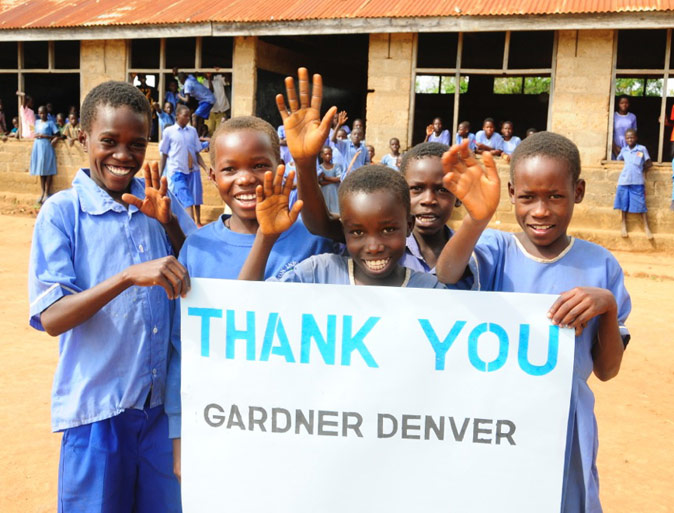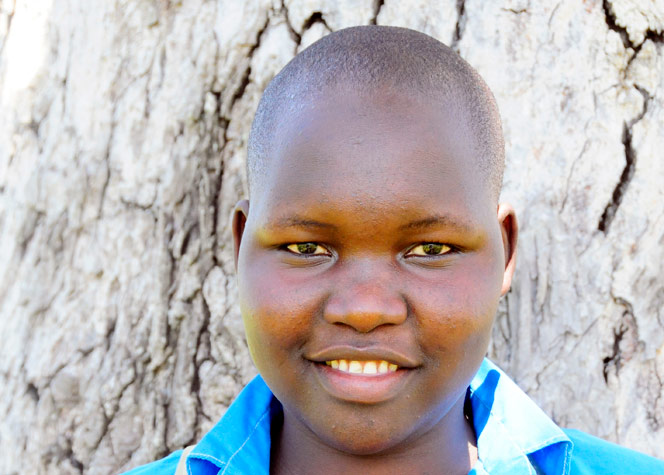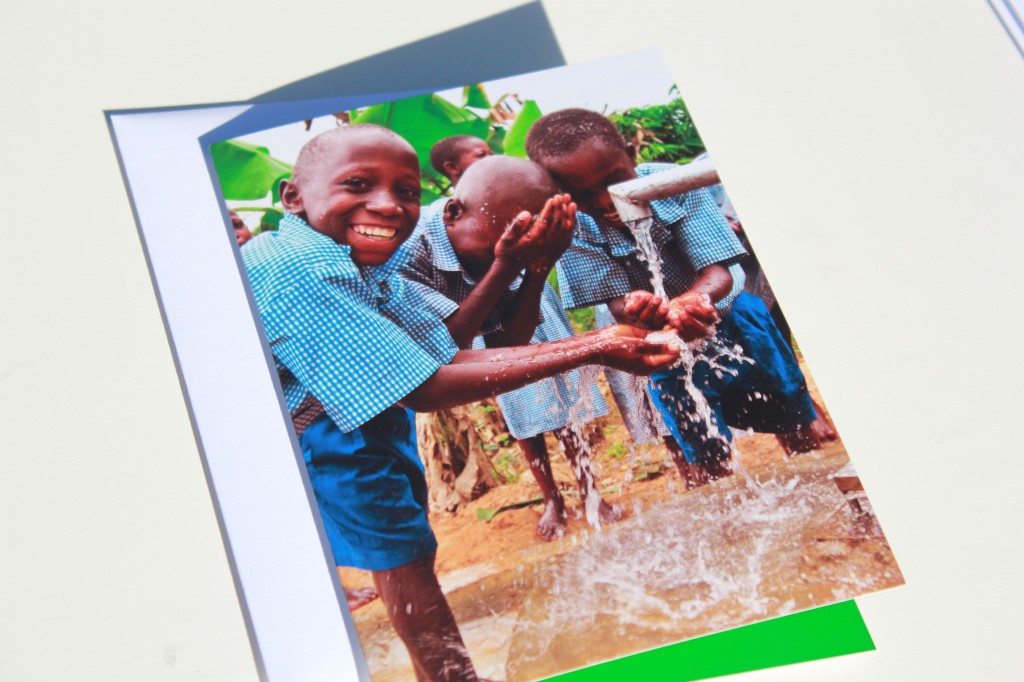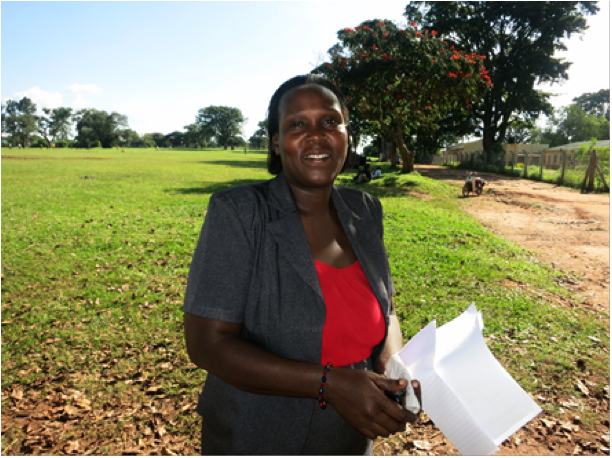Gardner Denver partnership news

Industrial machinery giant Gardner Denver has donated a state-of-the-art drilling compressor to Drop in the Bucket! This top of the line compressor has found a new home at our compound in Soroti, Uganda, and will be instrumental in speeding up water drilling efforts. Thanks to this partnership, we will get more women off the path […]
Sean’s lemonade stand

Sean decided to set up a lemonade stand to benefit “Drop In The Bucket” over the summer. His little sister, Isabella, helped too. He even had a mascot! On separate weekends, Sean set up stands at: City Hall Park: At his old public school: At Rockaway Beach And he even educated tourists about “Drop In […]
Norah Aligoyi

Norah Aligoyi is 18 years and is in Grade Seven at Aakum Primary School in Katakwi district of Eastern Uganda. She has one brother and one sister. They all walk about one mile each day to get to their school. At school, they had to walk another mile to get to the nearest water source. […]
Soap For South Sudan

Recent violence in South Sudan has resulted in an estimated 10,000 deaths and over 950,000 people being forced to flee their homes. Right now these people are now living in temporary shelters called internally displaced persons (IDP) camps which have been set up in or around South Sudan. The IDPs often contain over 50,000 people […]
Holiday cards now in stock

It’s that most wonderful time of the year, and the stores are all about to be filled with people frantically shopping for that perfect gift for that special someone. This year you can avoid the crowded stores and pick up the perfect gift without having to brave the traffic or the cold weather. We are […]
Sarah Awelping
Sarah Awelping is currently a 19-year-old sixth grader at the Salam Girls’ School in Aweil, South Sudan. When she was 15 years old, she became close with a boy, Garang, from her neighboring village and over time, the two fell in love. They hoped to one day marry, but first, they wanted to focus on […]
Laughter is the Best Medicine Benefit Show

Having been a huge Mighty Boosh fan for over a decade, I was beyond excited when Noel Fielding agreed to perform for our charity Drop in the Bucket. Then when I was told that all of The Mighty Boosh would be performing, I almost dropped the phone in shock. Bobcat Goldthwait was hilarious and after […]
Jimmy Apunyu
Jimmy Apunyu is a 15-year-old boy in seventh grade at Ating Tuo Primary School in Alebtong, Uganda. He and his older siblings are responsible for collecting the water his family drinks, and that his sisters and mother use for making dinner and washing clothes. Jimmy’s family live in a village called Oyon Alwevi. It is […]
International Day of the Girl 2013

Gulu High School is a mixed boarding school in northern Uganda, with a population of 1065 students: 464 girls and 601 boys. In 2007 Drop in the Bucket first visited this school and found that near the main part of the school there were only toilets for the boys. The girls had to either walk […]
Akok Aschai Deng
Akok Aschai Deng was forced to move to Khartoum during the war a few years ago. She moved into a new home, started at a different school, had to make new friends and be taught in Arabic, the national language of Sudan, when she was used to school taught in English in South Sudan. It […]
